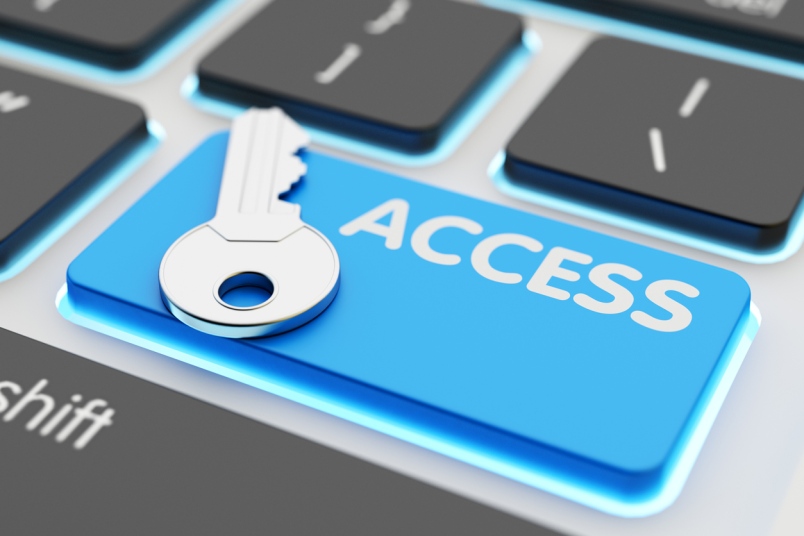
By Dinnah Ondari
As the world commemorates the International Day on Universal Access to Information (IUDAI) which is celebrated every 28th day of September annually, there is an opportunity for stakeholders to reflect on their various roles in the demand and supply of information for public interest and national development.
The United Nations Educational, Scientific and Cultural Organization has set the theme for this year to be “Building back better with Access to Information.” As the country heads to next general elections, there is no better time to strengthen the media as an institution that works in public interest in its educative, informative, oversight and agenda setting role.
The IDUAI celebrations will coincide with a media stakeholders forum convened by the Media Council of Kenya to interact with the revised Media Council of Kenya election coverage guidelines that have been under review by a 21-member team drawn from the industry.
The committee chaired by Joseph Odindo handed in its report last week, which has comprehensive proposals in light of prevailing and future media environment in the country.
It is these guidelines that the Council will be presenting to a wider spectrum of stakeholders today in a stakeholder validation forum that will culminate in their adoption and launch by industry leaders.
In addition, to the guidelines the Council in collaboration with the Commission on Administrative Justice (CAJ) will be conducting a stakeholder’s engagement in Garissa county of Access to Information on the same day, followed by a two-day training for local journalists on the same.
The Media Council of Kenya Act 2013 mandates the Council to prescribe standards of journalists, media practitioners and media enterprises as well as promote and enhance ethical and professional standards amongst journalists and media enterprises.
This goes along with the Council’s mission to safeguard media freedom and enhance professionalism through setting standards and ensuring compliance. Our mission is to ensure a professional, free and independent media accountable to the public.
The Election Guidelines serve to remind journalists that it is essential for “the voter to be well informed to form their own opinion freely and make decisions. Making information and opinions available to the public through the media is in itself empowering to audiences and during an election to the voters.
To enable the media to adequately play its informative educative and oversight role, they must access the right information.
Responsibilities by public institutions
In line with the Councils’ mandate to set standards and ensure compliance to them, the Council has continued to build the capacity of journalists on their duty to seek information through the legally set out channels. Media houses for instance have a duty to set up research and fact checking desks whose responsibilities would include, verification of information and filing requests on critical issues that affect reportage of elections.
The Constitution under Article 35 And the Access to Information Act 2016, not only protects citizens’ rights and media to access all information held by public bodies but also obligates the latter to disclose all information in their possessions, with few exceptions.
However, there is also a major gap in compliance with the provisions of Access to Information Act 2016 on the part of public agencies who are obligated to not only respond to requests made by the citizenry but also to make proactive disclosures on issues of public interest.
When it comes to election coverage, public institutions like the Independent Electoral and Boundaries Commission (IEBC), The National Police Service (NPS), and Political parties, just to mention a few, become critical agencies for the media in their day to day work.
As the principal elections management agency, IEBC, for instance cannot escape focus on their ability to comply with provisions of the Act. And while the IEBC has capacity to engage the public through civic education forums, the media is a critical partner in dissemination of information on various aspects of election management including but not limited to timelines, election expenditure and transmission of results.
Speaking of election expenditure, political parties also owe accountability to the public. The recently gazetted , albeit controversial, elections expenditure guidelines that set out ceilings on campaign expenditure by various categories of candidates will be a major area of focus. This becomes more critical especially because major political parties receive public funds from the exchequer which is publicity funded.
It is important to note that while ensuring that both the media and public access information, it must be timely, and in the right format.
The MCK guidelines that are at the verge of adoption by the industry have addressed the responsibilities of various players in the election management process. The Council is confident that their implementation will improve the working environment of the media through the right to information among other aspects of election coverage.
The author is the Manager, Press Freedom, Safety and Advocacy at the Media Council of Kenya.